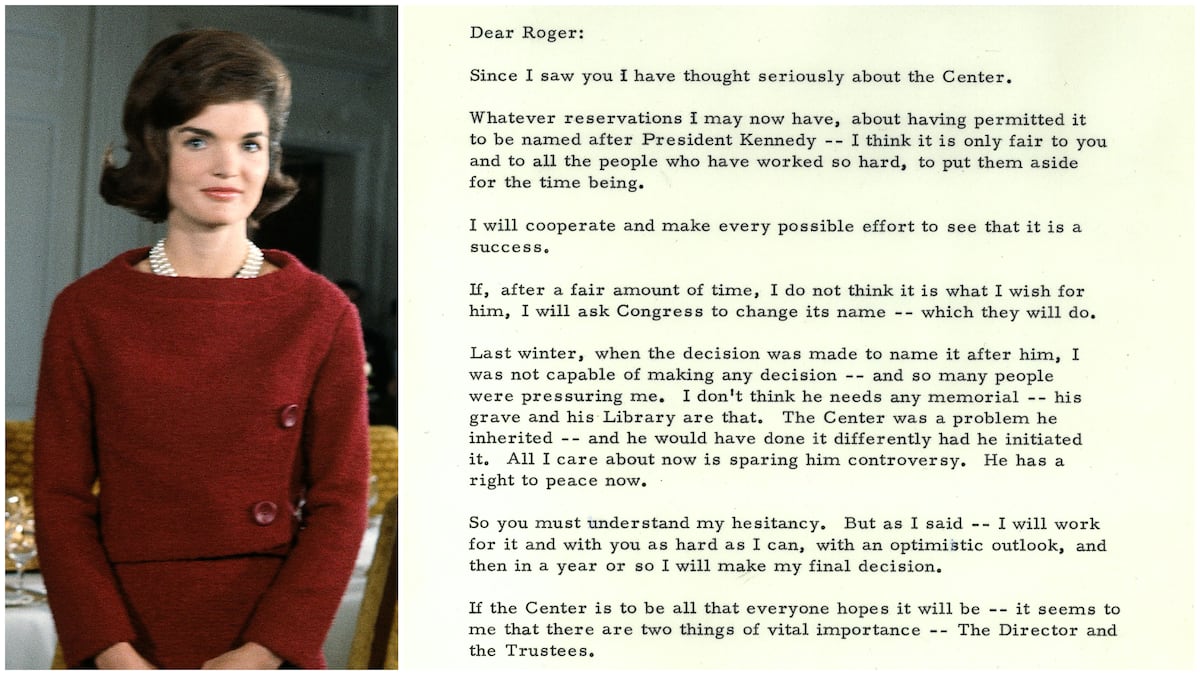Mark Zuckerberg heads to the nation’s capital this week for some lashings from America’s legislators.
On Tuesday, he’ll appear in front of joint sessions of the Senate Judiciary and Commerce committees. Then on Wednesday, the Facebook CEO will visit the House Energy and Commerce Committee for another round of bruising. Since the presidential election of 2016, congressmen have pummeled social media giants for Russia’s infiltration and exploitation of their systems.
But America’s politicians may want to tread lightly as they seek answers from Zuckerberg. Political actors, more than anyone, seek the power and reach of social media to win the hearts and minds of voters. In the future, Russia and other authoritarians will continue their manipulation, but it will be ordinary candidates and their campaigns, lobbyists, and corporate backers that seek to exploit the manipulative advantages available on social media. A combative tech CEO just might flip the script and call out the politicians for their role in this mess.
In 2008, President Obama beat the establishment in part by harnessing social media. The Obama campaign successfully used online networks to create real world votes, and everyone ran to follow and duplicate their methods. Fast forward eight years into the social media era, and we’ve found out from whistleblower Christopher Wylie, and Channel 4’s undercover expose that Cambridge Analytica took e-campaigns to the logical next step. They aggregated more than 80 million Facebook users’ data to analyze and then deliver customized messages to the right voters at exactly the right time. Cambridge Analytica’s CEO Alexander Nix eerily bragged about mimicking the Kremlin’s playbook during a covertly filmed business meeting. Nix explained how his company, working through a series of cutouts and front companies, could create physical provocations in the real world, such as the employment of Ukrainian sex workers, to discredit political opponents in the virtual world.
The company’s investors and board members include Republican megadonor Rebekah Mercer and Steve Bannon, founder of Breitbart News, one-time adviser to President Trump, and hero of nationalist audiences from America to Europe. Subsequent revelations say Bannon used Cambridge Analytica to test populist narratives on social media, such as “Drain the Swamp” and “Deep State,” as far back as 2014.
Trolling-as-a-service, one stop shops for analyzing, engaging, and mobilizing online audiences, will be a method all political campaigns seek to exploit in the future. Just think about what a political campaign needs: a deep insight into voter demographics and desires, voter preferences and dislikes; key emotional vulnerabilities constituents didn’t even know they possess; the ability to efficiently spend advertising on specific voting blocs; the rapid creation of engaged audiences for a newly formed campaign; and the ability to destroy a political foe with information attacks while hiding the hand of the attacker. The world shouldn’t be surprised Cambridge Analytica moved to offer the precursor to trolling-as-a-service. We should instead be surprised that it’s the only one we know about to date. Political campaigns recognize this need, and it’s no wonder that Brad Parscale, President Trump’s digital campaign leader in 2016 who smartly brought Facebook directly into his efforts, has been elevated to campaign manager for 2020.
The Kremlin honed the first generation of trolling by advancing several novel concepts. Above all, they seamlessly integrated hacking and influence, two disciplines that largely sat apart or when used in combination pursued only tactical discrediting campaigns. When APT 28, Fancy Bear, and APT 29, Cozy Bear, hackers from Russia’s intelligence services, launched their cyberassaults on thousands of targets in 2015, their intended strategic purpose was to influence the presidential election a year later. Russia’s trolls also mastered workflow in ways previous propagandists had not. In multiple regions and languages, around the clock, the Internet Research Agency, the Kremlin’s social media propaganda cutout indicted this past February by special counsel Robert Mueller, created layered social influence by crafting stripped out blogs, deployed waves of human-operated false accounts, and even fashioned shareable memes and graphics tailored to individual audiences (PDF). The Internet Research Agency advanced the content of Russia’s state sponsored news outlets under a veil of plausible deniability. Most importantly, the Kremlin enlisted witting and unwitting virtual allies, securing the cooperation and in some cases allegiance of foreign audiences they persistently nudge after any single election.
The Kremlin ignited the social media trolling tidal wave, and now many other authoritarians have pursued it. In only the first year after the 2016 presidential election, authoritarians in Myanmar, Cambodia, and Philippines aggressively employed social media to suppress their adversaries, distribute false and manipulated news, and distort reality through virtual trolling. Social media information campaigns employed by leaders of developing nations remain a bit basic in their methods, relying more on art than science. But authoritarians aren’t the ones the world should worry about most. Their technical know-how remains limited, and for the most part, they don’t have the resources and methods for acquiring the best social media manipulation technology.
Cambridge Analytica’s approach appears to have advanced the Kremlin’s playbook by applying more science to their art, aggregating voluminous personal data and then employing greater computational power to more rapidly and effectively influence audiences on scale. Cambridge Analytica’s second generation trolling and claimed offerings are as much aspirational as reality, a touch of digital snake oil perhaps, but their vision is on target. Cambridge Analytica is really just the beta version of trolling-as-a-service.
If left unchecked, politicians and their political parties, Super PAC’s, lobbyists, and corporate public relations firms will seek out “trolling-as-a-service” to dominate the information space toward their advantage but to the detriment of society. Western political campaigns can garner far more resources and apply them for the best available information warfare services. Even further, they can and will sustain their campaigns over an enduring period, persistently engaging and sustaining their audiences, campaigning relentlessly regardless of the candidate, who may be substituted between elections.
Great reward will come to the entrepreneur with enough startup capital to harvest and correlate large amounts of personal data on distinguishable voting blocs and then mine those details rapidly and incisively by employing machine learning. From there, rented troll farms will deploy sophisticated computational propaganda to alter the information environment and employ humans to act as for-hire propagandists advancing their client’s message and tackling their client’s adversaries.
Trolling-as-a-service providers will create two forms of cutouts: hacker teams to compromise their paying candidate’s adversaries and on-the-ground operatives to stage events, propel provocations, and instigate rallies creating a false, physical rendering of support for their candidate’s objectives. Trolling-as-a-service providers will create their own proprietary technology for social media reconnaissance and deployments, will work through third parties to garner massive amounts of user information, will provide their client’s plausible deniability of contracted influence efforts, and will advance trolling techniques designed to stay inside the terms of services (ToS) of social media companies.
Social media companies have endured waves of illicit actors, dating back to al Qaeda in Iraq’s forays on YouTube. But time and time again, the firms seem agonizingly slow to respond. No wonder some users are fed up.
The companies have logically fought regulation, but unlike cybersecurity professionals who joined together in the face of relentless hacking waves, social media companies have hardly come together collectively to protect their industry against threats to customer trust. When combating the so-called Islamic State’s social media advances, tech companies created working groups but beyond the biggest platforms, they hardly had counterparts to interface with as extremists ran to smaller apps with more encryption.
Social media’s giants missed Russia’s meddling before the U.S. election, and since this failure some have done better than others to spot the Internet Research Agency’s bad behavior. Thus far though, they’ve only shared small batches of data allowing for them to catch bad activity on their platforms.
Data sharing, collaborative intelligence production and rapid response, along with self-regulation, would be logical ways to protect their industry and restore user confidence. If they don’t band together, social media giants will rot from the trolling cancer spreading across their systems. Social media, as an industry, should look to information security associations, particularly in the financial services sector, who routinely share malware signatures and threat techniques in cybersecurity despite competing as businesses. They’ve learned what the social media companies have not, loss of trust is a collective problem harming the entire industry, when one company fails, they all suffer.
The larger puzzle piece remains the U.S. government response. The country’s leaders have been bizarrely slow to respond to Russian interference. And while social media companies have some explaining to do, so does Congress. In October 2017, the Honest Ads Act was put forth by Sens. Mark Warner and John McCain. Passage of the bill would require social media companies to attribute political and social advertising to the same degree as seen in print, radio, and television. Yet, six months later, this bill remains unpassed. In the absence of government movement, Facebook pre-emptively announced new procedures for ad verification ahead of its testimony next week.
More damning from the Cambridge Analytica revelations is American political party acquisition of their services beyond President Trump. The most ironic of these customers has been Sen. Ted Cruz who not only received significant campaign support from Cambridge Analytica investor Robert Mercer and associated super PACs but also utilized Cambridge’s social media services. On Jan. 17, 2018, Sen. Cruz aggressively questioned Twitter during a Senate Commerce committee noting, “if you are a neutral public forum, that does not allow for political editorializing and censorship.”
Sen. Cruz’s jabs at Twitter now strike an odd tone, and Facebook and Zuckerberg, when they go to testify, might turn the tables on the politicians that have used private American data from social media companies to target Americans. In their campaigning on social media, some congressmen have made it difficult for social media companies to be neutral public forums, as they exploited these platforms for personal political gain. Given that incentive, the question remains: Will Congress rise to stop the emergence of trolling-as-a-service, or will they instead accept the future, a dark world of predatory social media campaigning?
Clint Watts is the author of Messing with the Enemy: Surviving in a Social Media World of Hackers, Terrorists, Russians and Fake News, available May 29, 2018.






